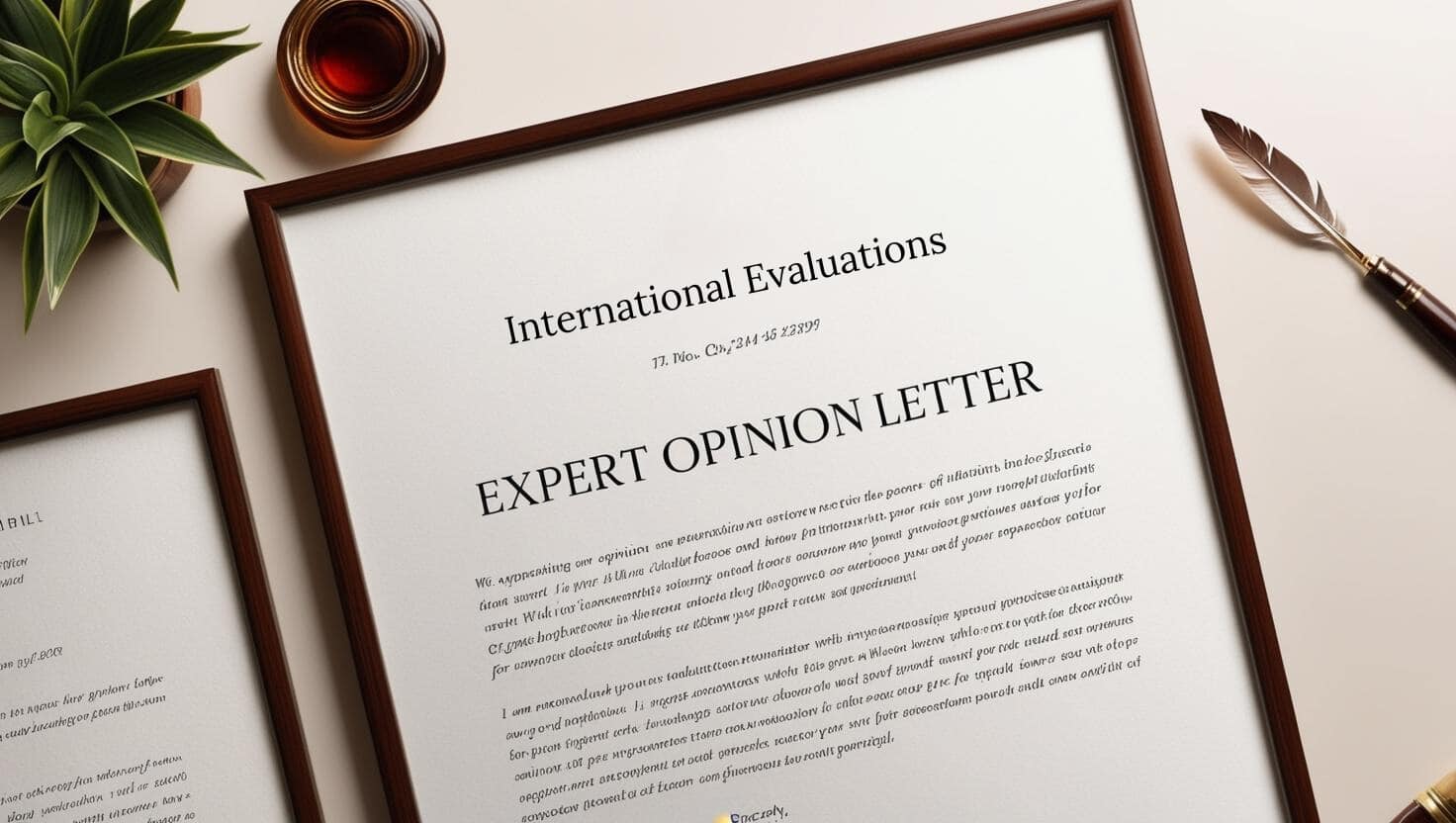Introduction
In an increasingly globalized world, the demand for specialists who can navigate global borders has actually never ever been greater. As companies broaden their operations throughout continents, comprehending the nuances of work experience assessment becomes essential for both employers and staff members. This short article dives deep into the complexities of work experience evaluation, shedding light on its importance in worldwide movement, the procedures involved, and how it intersects with academic credential evaluation and other crucial factors.
Understanding the Subtleties of Work Experience Examination for International Mobility
When we speak about work experience evaluation, we're basically discussing a structured technique to assess an individual's expert background, abilities, and competencies in a worldwide context. This evaluation is essential for different stakeholders consisting of companies looking to employ global skill, people seeking work abroad, and universities providing programs to boost employability.
Work experience evaluations assist bridge the space between diverse international work standards. They ensure that pertinent experiences are acknowledged and valued properly. This process typically consists of an expert opinion letter which provides an in-depth analysis of a prospect's qualifications relative to industry standards.
The Importance of Work Experience Evaluation in Global Mobility
Navigating International Standards
With various nations having varied criteria for evaluating professional experience, comprehending these inconsistencies ends up being important. A reliable work experience evaluation permits employers to align candidates' backgrounds with regional expectations.
Enhancing Employability
For job seekers aiming for opportunities abroad, providing an accurate depiction of their work history can considerably improve their employability. Assessments conducted by respectable international credential evaluation services offer prospective companies a clear image of what prospects give the table.
Key Elements of Work Experience Evaluation
1. File Verification
Document confirmation is fundamental in developing the credibility of a candidate's work experience. Each file must be inspected thoroughly to avoid fraud or misrepresentation.
2. Ability Assessment
A detailed skill evaluation assesses the proficiencies acquired during previous employment. This might include technical skills as well as soft abilities like communication or management abilities.
3. Professional Opinion Letter
A professional opinion letter plays a pivotal role in confirming work experiences. It serves as a reliable endorsement from acknowledged specialists within particular markets or sectors.
Types of Credential Evaluations Related to Work Experience
1. Academic Credential Evaluation
This procedure evaluates instructional certifications gotten from organizations outside the nation where one looks for work or additional education. Comprehending how scholastic credentials relate to work experiences is vital as some functions need specific educational backgrounds.
2. Course-by-Course Credential Evaluation
For candidates who wish to demonstrate their scholastic standing in addition to useful experiences, course-by-course evaluations provide comprehensive breakdowns naturally taken, grades got, and equivalencies developed in relation to regional education systems.
3. Service Plan Evaluation
While primarily pertinent for business owners, organization strategy assessments can link with work experience evaluations when individuals seek financing or collaborations based upon their previous functions and accomplishments within specific industries.
The Process of Conducting a Work Experience Evaluation
Conducting an extensive examination includes several actions:
- Collecting necessary documents such as letters from previous companies, pay stubs, or task descriptions. Engaging with worldwide credential examination services that concentrate on assessing foreign work experiences. Compiling findings into comprehensive reports that summary confirmed abilities and experiences clearly.
Challenges in Work Experience Evaluation
Despite its importance, there are difficulties associated with evaluating work experience internationally:
- Variability in job titles and responsibilities across various cultures can complicate comparisons. Inconsistencies in documents practices might cause troubles in validating claims made by candidates.
Best Practices for Effective Work Experience Evaluation
To guarantee precision and fairness in examinations:
Establish clear guidelines concerning what constitutes legitimate work experience. Engage certified evaluators who comprehend both regional and worldwide market demands. Utilize technology-driven solutions for efficient data collection and analysis.Future Patterns in Work Experience Evaluations
As globalization continues to evolve:
- We expect increased usage of artificial intelligence tools to enhance evaluations. More focus will likely be placed on soft skills and flexibility alongside conventional hard skills due to changing workforce dynamics.
FAQs
Q1: What is a professional opinion letter?
An expert viewpoint letter is a file provided by market experts that confirms a person's certifications or experiences according to industry standards.
Q2: How does academic credential evaluation effect work experience?
Academic credential evaluations help contextualize educational qualifications versus local expectations, boosting understanding throughout work experience assessments.
Q3: Why do I require a course-by-course credential evaluation?
A course-by-course credential assessment offers comprehensive insights into your scholastic history, demonstrating how your education matches your expert experiences.
Q4: Can my previous job title impact my work experience evaluation?
Yes! Task titles differ extensively throughout regions; for that reason it's vital that evaluators consider duties instead of titles alone when examining qualifications.

Q5: What types of files are needed for work experience evaluations?
Usually needed files consist of letters from previous companies detailing your role/responsibilities, pay stubs indicating period at each position, and https://charliewwnv520.yousher.com/professional-opinion-letters-enhancing-your-academic-and-specialist-profile any related certifications earned during employment.

Q6: How long does a typical work experience evaluation take?
The period can vary commonly based upon complexity however usually varies from a number of weeks up to 3 months depending on documentation availability and confirmation needs.
Conclusion
Understanding the nuances of work experience assessment is necessary for navigating today's global labor force landscape effectively. By appreciating the intricacies included-- ranging from paperwork verification through professional viewpoint letters-- it ends up being clear that this process is not merely administrative however deeply integral to ensuring that skill is acknowledged accurately across borders.
As companies increasingly worth diverse point of views brought by global skill pools, those included-- be it task seekers or companies-- need to remain educated about best practices surrounding these examinations while likewise adapting as patterns develop within this dynamic field.
By harnessing trusted resources such as academic credential examinations and engaging with respectable worldwide credential examination services, individuals can reinforce their profiles considerably while organizations can make informed hiring choices lined up with their tactical objectives-- ultimately cultivating development within our interconnected world economy.